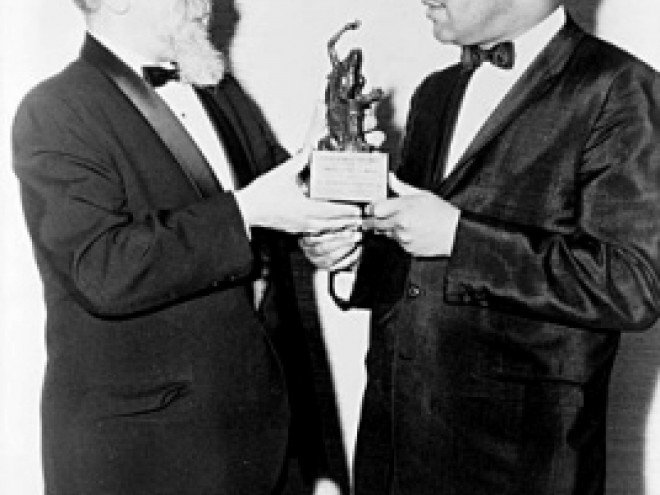In reflecting on the years she spent as one of only a handful of white students in a black public school in Richmond, Virginia, Clara Silverstein states, “I learned that being in the vanguard of social change can be a lonely, not heroic place for a child.” Silverstein’s experience with school integration is a far cry from the one that comes to mind when we think of the historical accounts of school busing. Her unique perspective, as the daughter of a woman whose liberal agenda propelled the child into a painful and, at best, conflicted academic experience, provides great insight into what may be viewed as “the other busing experience.” Silverstein experiences the trials and tribulations typical of adolescents coming of age during the turbulence of the early 1970’s. For her, however, the rites of passage associated with that time are magnified by having to experience them simultaneously with being viewed as “the enemy” within the walls of her middle school. Silverstein struggles with the duplicities she encounters as a white Jewish girl in the heart of the South, while at the same time living on the cusp of the civil rights movement. Unaware of the consequences of her actions, she wears a pin of the Confederate flag on her jacket to school one day. Unaware of the consequences of the admissions, she tells fellow classmates that she has a crush on one of the black boys in her class. From the moment she climbs the stairs on the all-black bus taking her to her first day of school, to being spat upon by a fellow sixth grader, Silverstein’s poignant portrayal of her failure to find a safe haven in a hostile environment is moving and compelling. Silverstein has written an inspirational as well as somewhat cautionary memoir. Her years of schooling did not, as she tells us, teach her the ideals of acceptance and values of diversity. They did, however, bring her to an understanding of “the scourge of racism,” although not necessarily in the way we may think.

Nonfiction
White Girl: A Story of School Desegregation
- Review
By
– July 22, 2015
Paula Lubin is a humanities teacher at the North Shore Hebrew Academy Middle School. She has written for a variety of publications, most recently the New York Healthcare Law Update.
Discussion Questions

Jewish literature inspires, enriches, and educates the community.
Help support the Jewish Book Council.


